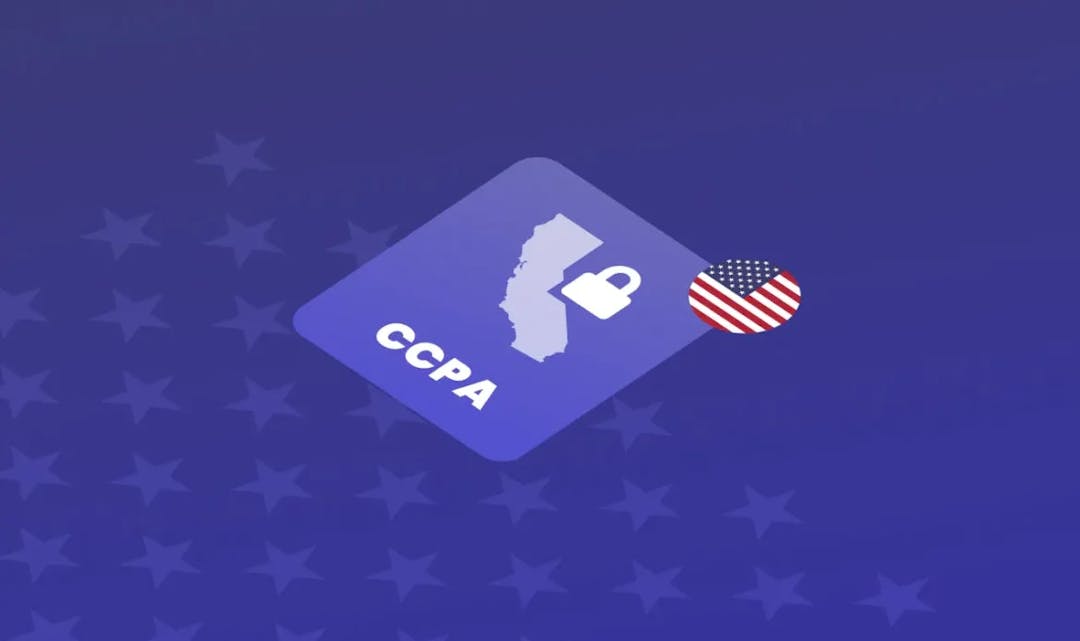
The California Consumer Privacy Act (CCPA) is a comprehensive data privacy law that enhances the privacy rights and consumer protections for residents of California, USA. It aims to give California residents more control over their personal information collected by businesses and imposes stringent obligations on businesses to ensure data protection. For a more detailed exploration of which businesses the CCPA applies to and the specific criteria involved, you can delve deeper into the topic here or get more information directly from the Department of Justice.
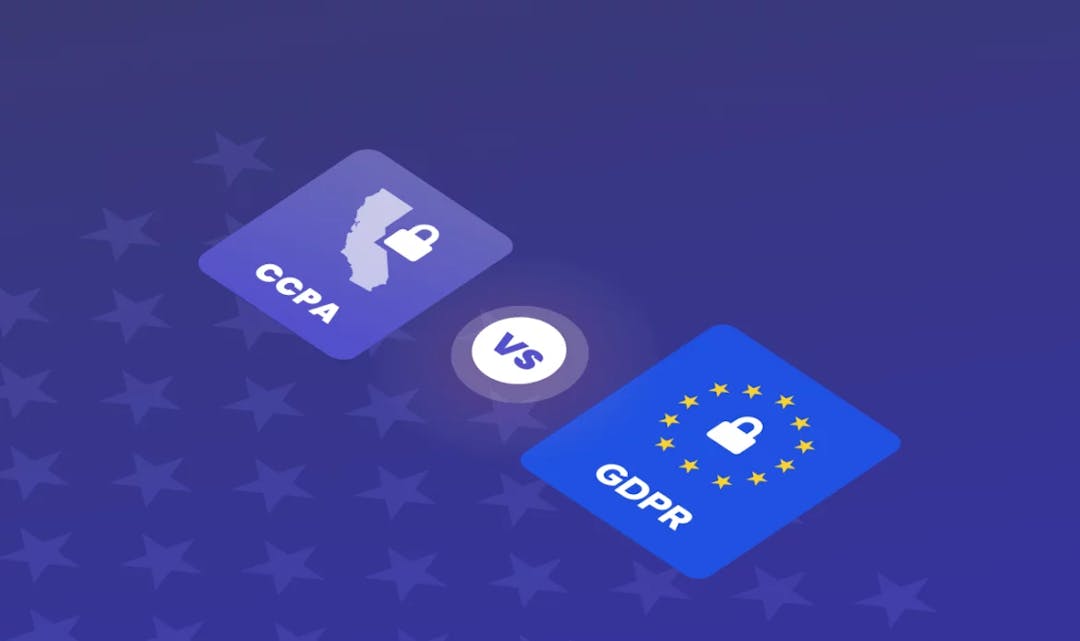
The European Union’s (EU) General Data Protection Regulation (GDPR) and the California Consumer Privacy Act (CCPA) have many similarities: they were introduced around the same time, they both give consumers greater rights over their data and they both have impacts on a global scale – but there are important differences too.
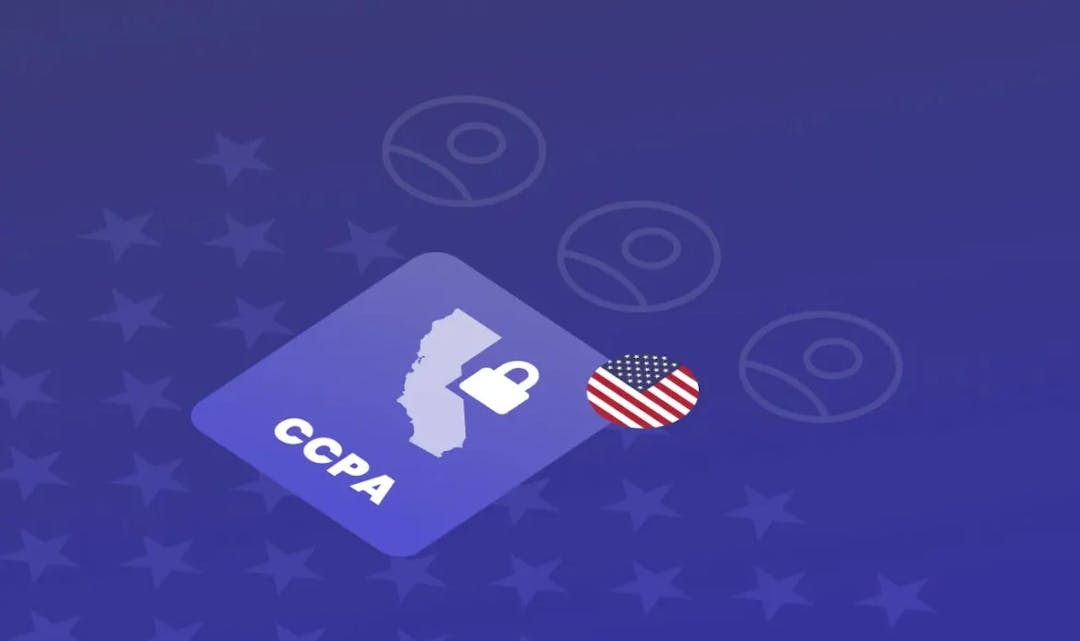
The California Consumer Privacy Act (CCPA) is a landmark in consumer rights regulation, the first of its kind in the USA. It aims to give consumers greater control over how their personal data is collected and used by businesses.
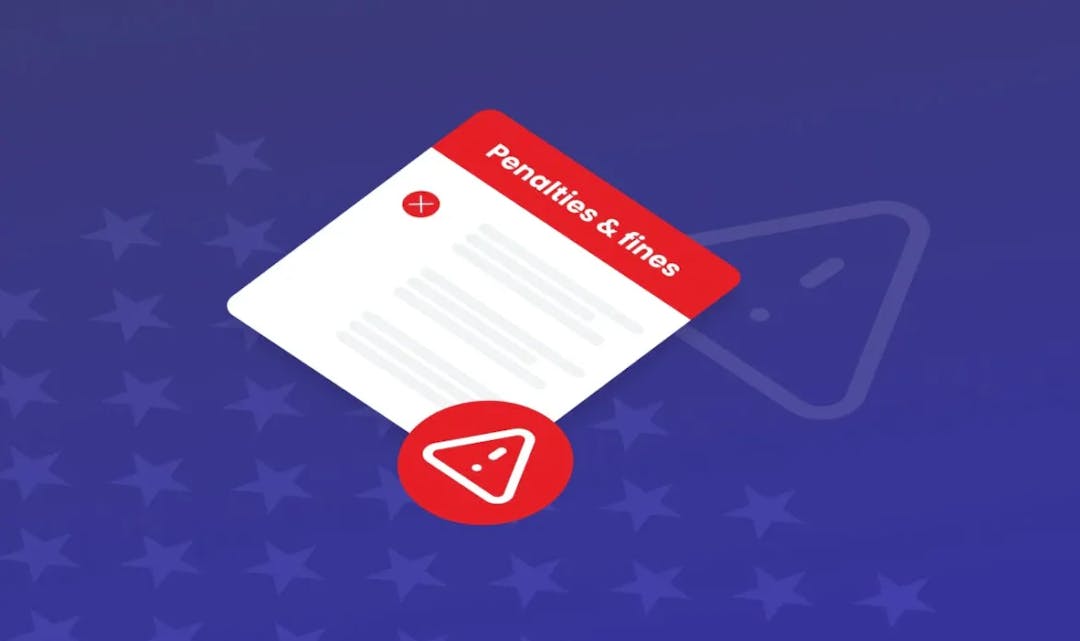
In September 2022, online retailer Sephora agreed to pay $1.2 million for breaching the California Consumer Privacy Act (CCPA) – the first time public enforcement action was taken by the California Attorney General since the law’s introduction in 2020. The move signalled an end to the settling in period for the data law, and the start of a tougher approach to enforcement. If you’re not confident that your organization complies with CCPA, it’s time to step up – or you could face a penalty.
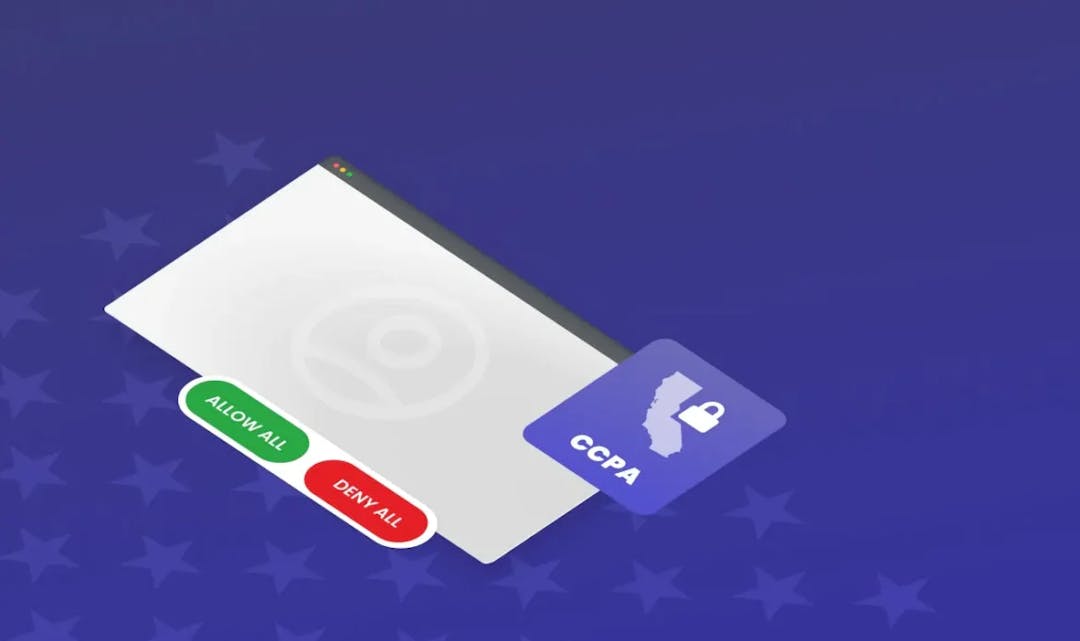
Many regions around the world require a cookie policy as part of data protection laws – for example, California’s California Consumer Privacy Act (CCPA) or the EU’s General Data Protection Regulation (GDPR). These laws make a cookie policy a legal requirement and failure to comply may result in fines and penalties.
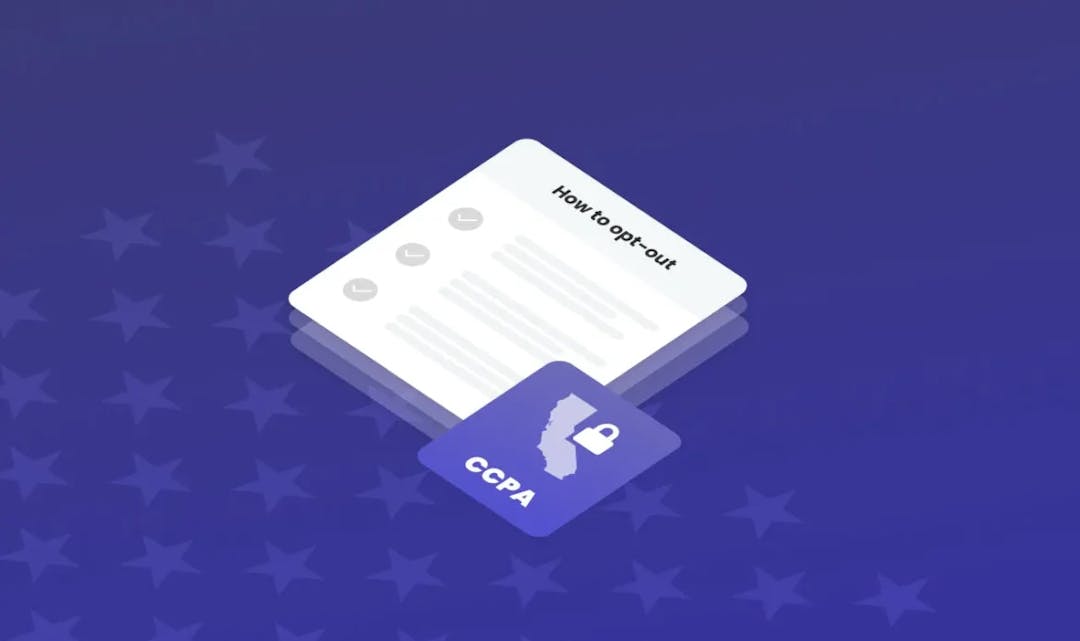
The California Consumer Privacy Act (CCPA) is focused on giving consumers greater control over the personal information collected about them. An important part of this is being able to opt out or refuse permission to personal data being used in particular ways.
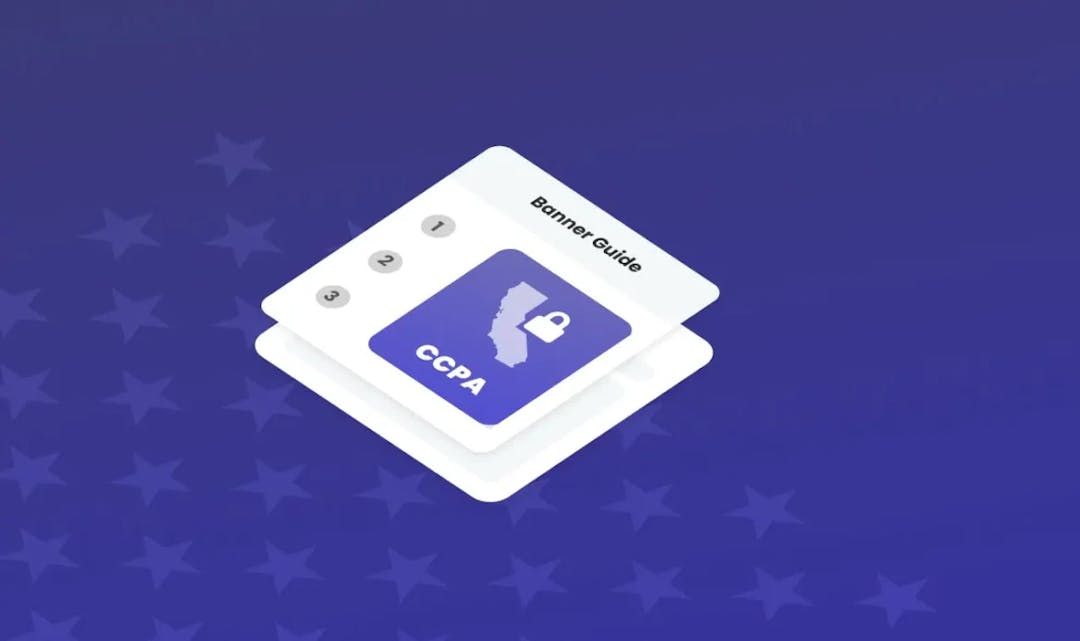
Cookie banners help your site to comply with the requirements of the California Consumer Privacy Act (CCPA) that gives California residents the right to have a say on how their personal data is collected and used. What does a CCPA cookie banner cover, and how can they be made as user-friendly as possible?
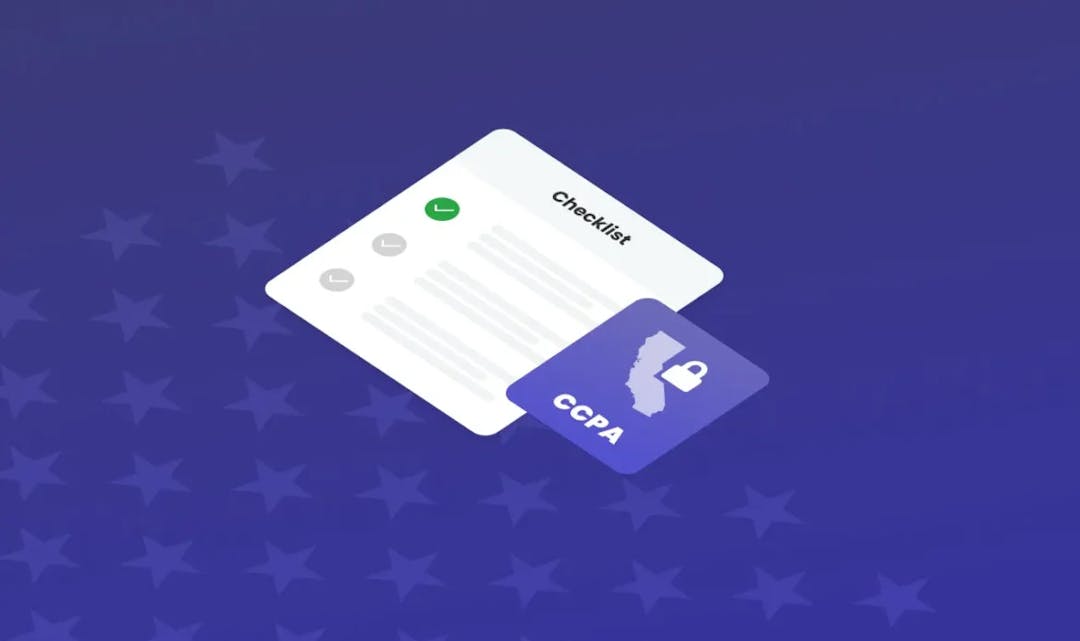
Meeting the requirements of the California Consumer Privacy Act (CCPA) can be daunting. It’s easy to understand the overall purpose, but the fiddly details of exactly what you need to do to comply are often harder to grasp.
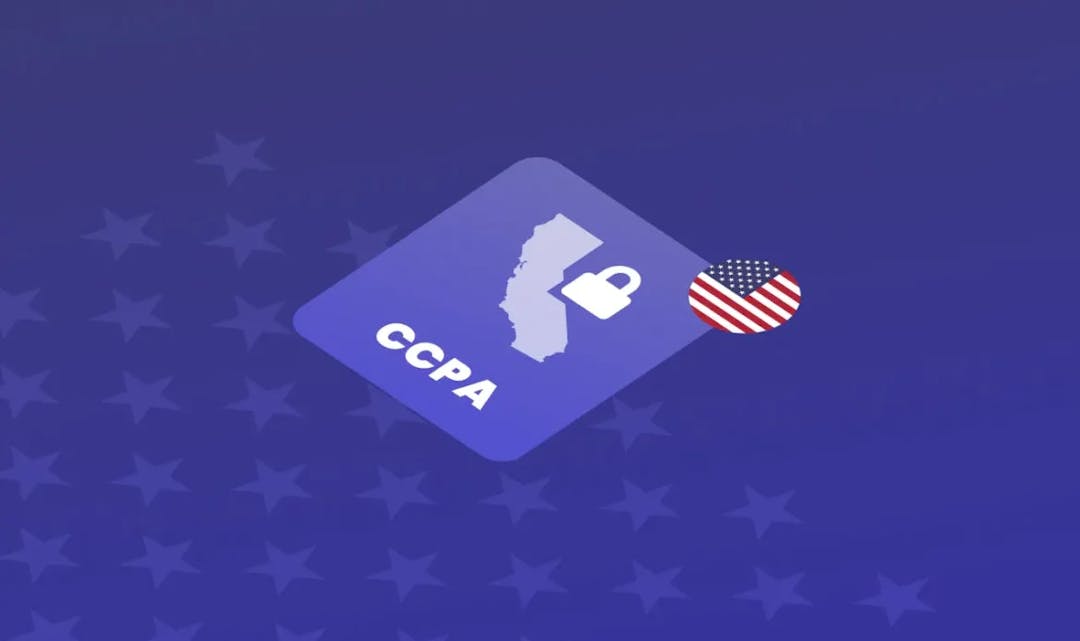
The California Consumer Privacy Act 2018 (CCPA) has impacts far beyond the boundaries of California. The US state has a $4 trillion economy; if California was a country, it would be the fourth-largest economy on the planet.
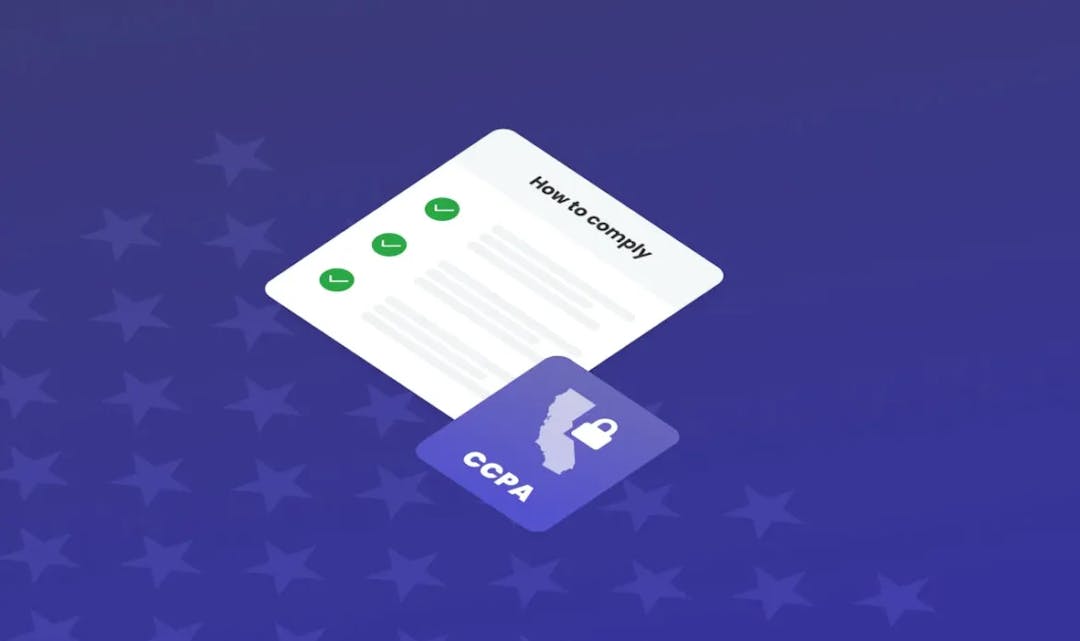
The California Consumer Privacy Act (CCPA) applies to for-profit businesses collecting or processing the data of California residents – even if they’re out of state. Since California has the largest economy in the USA, the legislation has impacted businesses across the country and beyond since it came into force on January 1 2020.
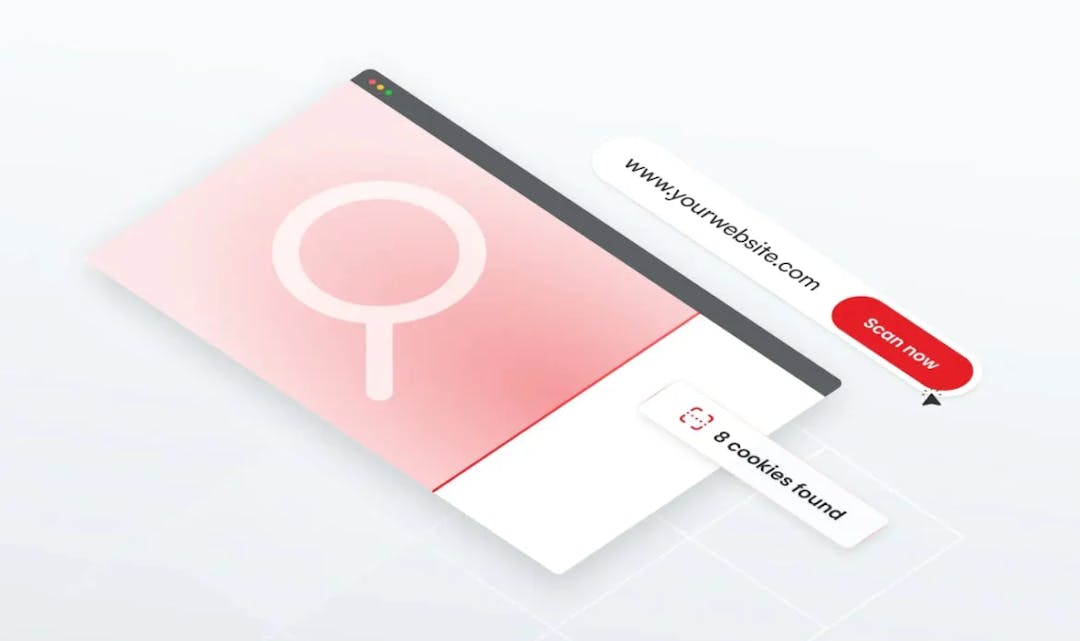
In the battle to remain compliant with the constantly shifting global data privacy landscape, websites have a powerful new tool at their disposal. CookieHub, the leading Consent Management Platform, is offering a fast and free compliance check that provides websites with the inside track on every cookie they’re running.

While most people working in data protection have heard of the GDPR, the CCPA receives much less attention. Passed by the California State Legislature, the CCPA attempts to give consumers more control over their personal data. The CCPA and the GDPR share many similarities – as both pieces of legislation aim to address the same issues. Namely the numerous data breaches of personal data from major corporations and the secretive collection of personal data without regulatory oversight.